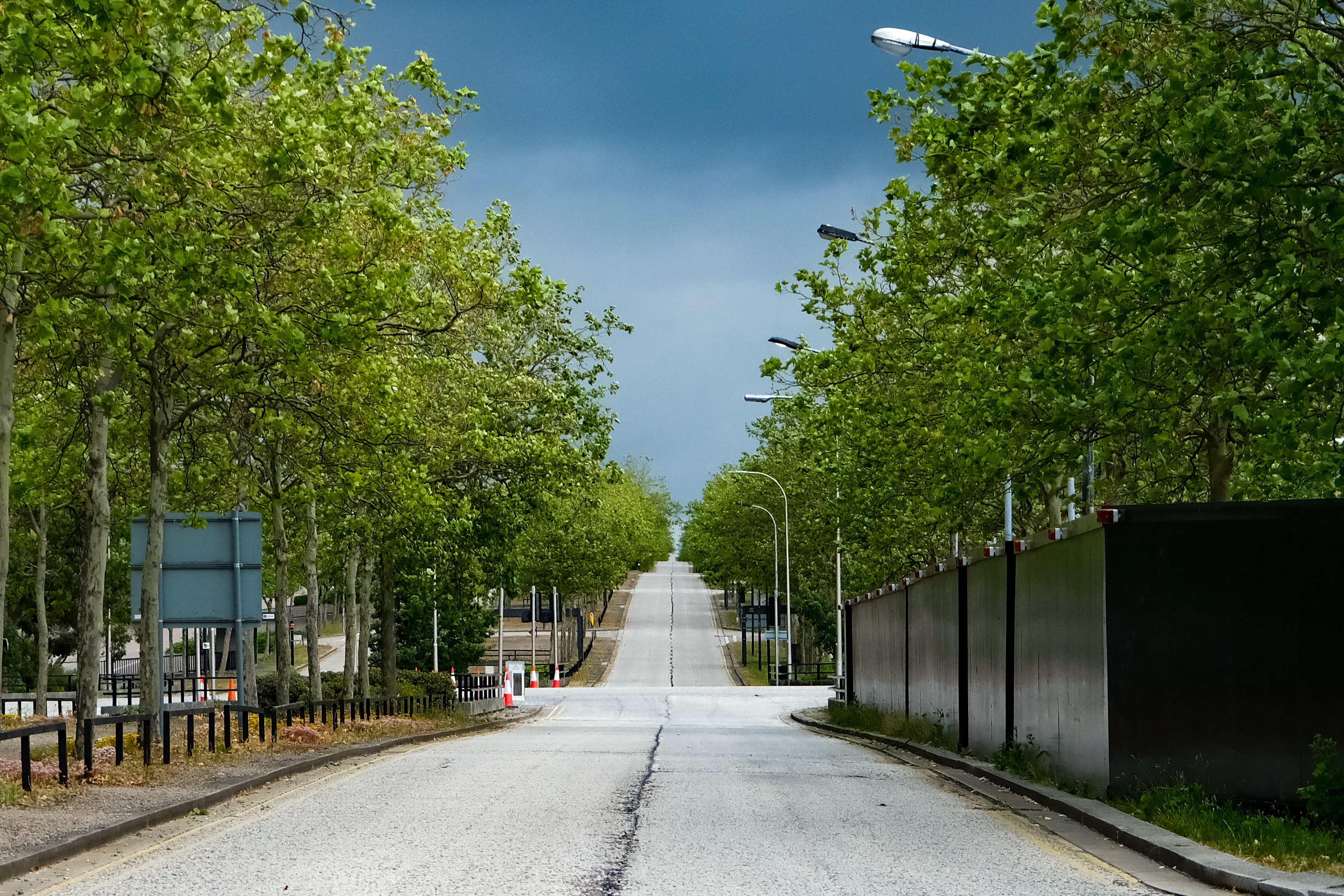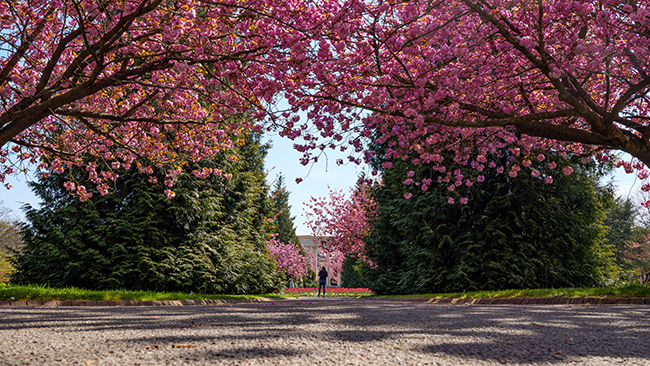Feature: 'Branching Out' - understanding the value of urban treescapes
Posted on Wednesday 11 August 2021

Importance of treescapes
The UK’s woodlands, forests and urban trees have a key role to play in carbon reduction, biodiversity and nature recovery, as well as the need to enhance health and wellbeing, and provide a source for cultural inspiration. They also need to be resilient in the face of climate change, other environmental threats and socio-economic pressures.
Expanding the UK’s trees, woodlands and forests will play an important role in realising the Government’s ambition to achieve net-zero greenhouse gas emissions by 2050. As we approach the COP26 climate summit in November 2021, the evidence, tools and approaches developed by the project will help policymakers and land managers make informed decisions to help reach this target.
About the project
Funded via the UK Research and Innovation (UKRI) ‘Future of UK Treescapes’ programme, ‘Branching out’ aims to develop new ways of mapping, predicting, and communicating the social and cultural values of trees so local authorities can make robust, evidence-based decisions around urban treescapes.

Trees in blossom at Cardiff Museum Gardens, Wales. Photo: Grooveland Designs/Unsplash
The project - led by Loughborough University in partnership with the University of York, Stockholm Environment Institute at York, the Open University and Forest Research will evaluate the social and cultural values of urban trees across three cities: York, Cardiff, and Milton Keynes. They will develop detailed maps of the three cities’ urban treescapes by combining citizen science, urban tree observatories, hyperspectral remote sensing, historic mapping, and amenity modelling – resulting in Europe’s largest, most robust urban tree dataset.
'Trees in cities are expected to fulfil multiple policy objectives, from carbon sequestration, to providing health and wellbeing benefits, but too often the importance of well loved urban trees is not accounted for until it is too late and trees are lost. We'll work with the stories of local people that tell the importance of urban trees and find innovative ways of including their value in decision making."
- Alison Dyke, SEI project lead.
Co-lead Dr Debbie Maxwell from the University of York's Department of Theatre, Film, Television and Interactive Media said: “This research brings together a wide range of disciplines including environmental and social sciences, the arts and humanities and urban planning and design. It’s a great opportunity to bring together knowledge to develop new and exciting ways to support our treescapes.”
Follow the project on Twitter/@BranchingOut21
To find out more about the project and the associated partners please visit the UKRI website.
